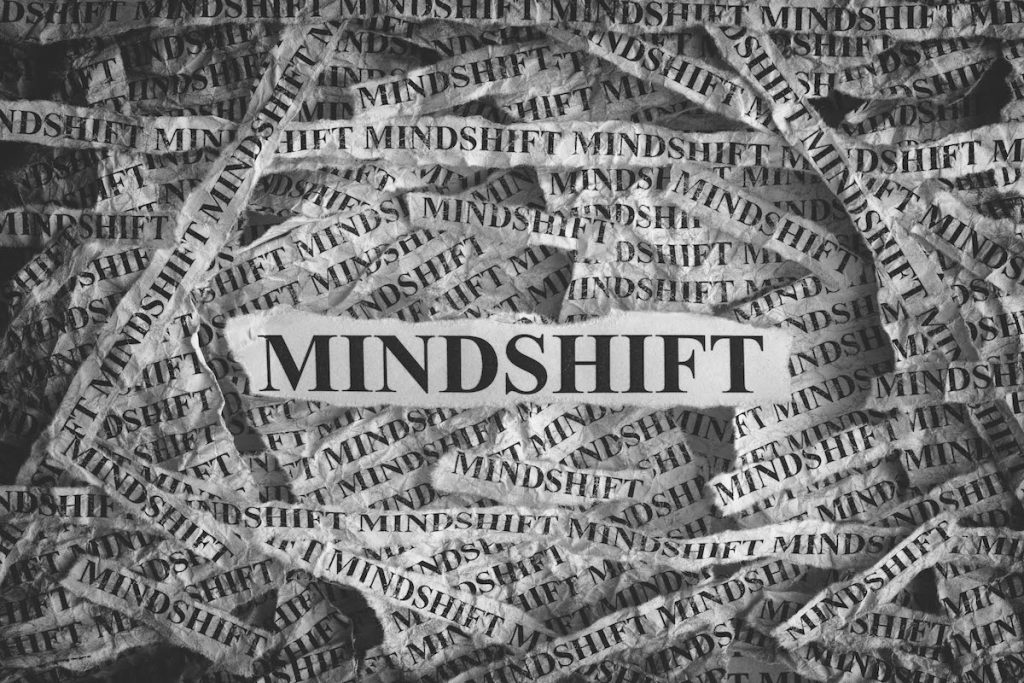
Most of the school teachers I have ever met are typically broke. Not that they want to be broke, but the truth is that most of them just don’t make very much money, don’t know how to manage money, and struggle just to keep up with inflation.
Yet we often have school teachers doing their best to pass on financial concepts to students.
As a country, we’ve seen where a lack of personal financial education can lead. Millions of people struggle every day with their money, living paycheck to paycheck and relying on credit cards for necessities, only to wind up deep in debt and short on hope. Beyond that, many people are finding that they can’t buy homes, invest for retirement or save for their child’s college fund because of their own student loan debt, massive car payments and general lack of financial planning.
So why is it that so many of us listen to people that aren’t financially successful? It seems like such a simple and basic idea. Knowledge comes from experience.

If you want to learn about personal finance, start by asking questions of real people that have real experience at being financially successful. Typically, these aren’t school teachers, but if you do find a school teacher that is self-made and financially independent, I would highly suggest you take note.
The truth is, financial literacy will be the major factor for your financial future and will help you meet your financial goals. Financial literacy helps you through times of financial hardship and can help you get the most out of your income. Financial literacy helps you go from surviving to thriving and can improve many areas of your life, including relationships, careers, hobbies and home life.
I didn’t enjoy math in school. I didn’t get some of the basic concepts early on and so the class and the teacher moved on without me. I was too embarrassed to speak up at the time and so I just went on believing I wasn’t very good at numbers. I have countless friends that felt the same way growing up, including Robert Kiyosaki, author of Rich Dad Poor Dad, as well as many other books on personal finance.
Today, I am a rich man and so are most of my friends, including Robert Kiyosaki. I say this not to brag but to let you know that I was totally lost financially as a young man. I fell into financial debt with student loans, I didn’t understand the fees and charges on my credit cards and when I gave my first $2,000 to a financial planner, that amount stayed the same for the next ten years.
When I turned 30 years old, I was definitely making more money but I wasn’t ahead financially. I realized that my net worth was the same as it was when I was 20 years old. So I decided to take control of my financial future by asking better questions and I began to study books written by people that were financially successful. I slowly started to learn and realized that there were a few very basic financial concepts that seemed to be consistent in the all the books I was reading. I then sought out mentors to confirm these concepts.
Concept # 1 — You don’t need your own money to make money.
 This is a concept that most people can’t get their head around. If you don’t believe this to be true, then you have a fixed mindset and no one can help you but yourself. You will spend most of your time justifying and supporting your own beliefs. It’s really just your own ignorance.
This is a concept that most people can’t get their head around. If you don’t believe this to be true, then you have a fixed mindset and no one can help you but yourself. You will spend most of your time justifying and supporting your own beliefs. It’s really just your own ignorance.
For those of you with a growth mindset and are open to new ideas, let’s explore how money works.
When you put your money into a bank, it creates an expense for the bank because the bank owes you interest on your money. One way a bank makes money so they can pay the interest on your account is to loan the money out to others at a higher interest rate. So in this example, a bank is using your money to make money.
When I need money to build or buy an apartment community, I simply call people with money. This can be a bank, insurance company, pension fund or even financial planners. Guess what all these have in common? They manage or hold someone else’s money and are looking for good investments. Again, in this example they are using your money to make money. And I’m borrowing your money to make money. Both of us are making money by using your money. Thank you, by the way.
This is the system we are in, and once I understood this, I started to see the world a bit differently. From my experience, there is never a money problem — there is only an idea problem. You come up with the right idea and the “investor” money will always be there. Money is made in the mind.
You do need to be in the right mindset to make money. Read and study classic books like Rich Dad, Poor Dad and Think And Grow Rich to find out what is necessary to get your mindset in the right place. If you hold onto beliefs like “You need money to make money,” you will have a very difficult time attracting money into your life.
Concept #2 — All investors want infinite returns.

Infinite returns are achieved when you no longer have any money invested in something but you still own it and it is still generating income. Your return is infinite.
Examples of real estate infinite returns are “cash-out refinance” and “no money down” investment strategies. When used properly, either one can provide infinite returns on your investment. “No money down” doesn’t require any cash up front, but is difficult to use in competitive situations or with highly desirable properties. On the other hand, cash-out refinances require money up front, but can work in value-add situations. One of my favorite aspects of a cash-out refinance is that it allows you to get your original investment out, but doesn’t require you to sell the property to enjoy the extra value you’ve created.
All money from a cash-out via refinance is “tax free,” by the way. Which makes it even more infinite.
Most successful real estate investors started their careers by using “investor” money or OPM (Other People’s Money) and taking a “sweat equity” position. In other words, they did not need their own money to make money. The “investor equity” gets paid first and the “sweat equity” gets paid second. This can be a win/win for both parties.
Well-known stories for non-real estate infinite returns are Bill Gates and Michael Dell, who each started their business in the dormitory of their school. Google and Yahoo were also started in the college dorm while Amazon and Apple were started in a garage.
There are numerous stories of people that started their business right from home. If you want to get out of the rat race, you are going to need to embrace the fact that you will need to take an active role in managing and making your own money.

